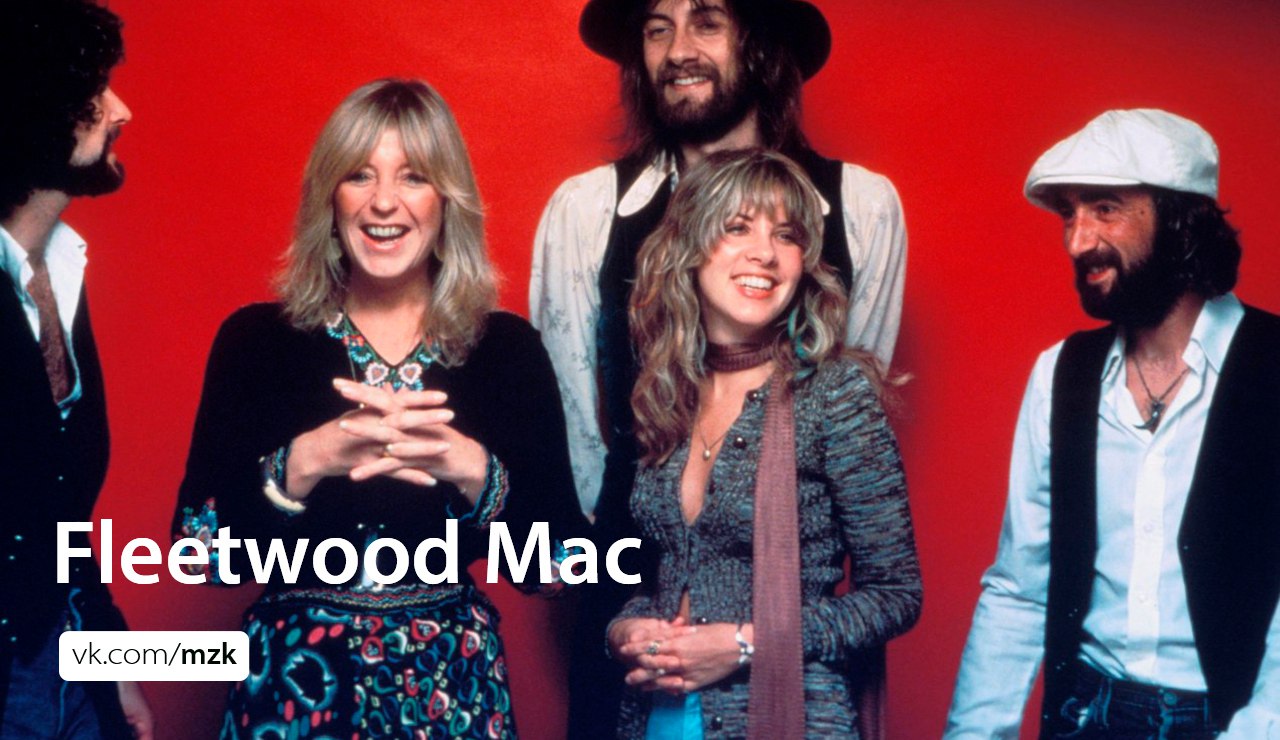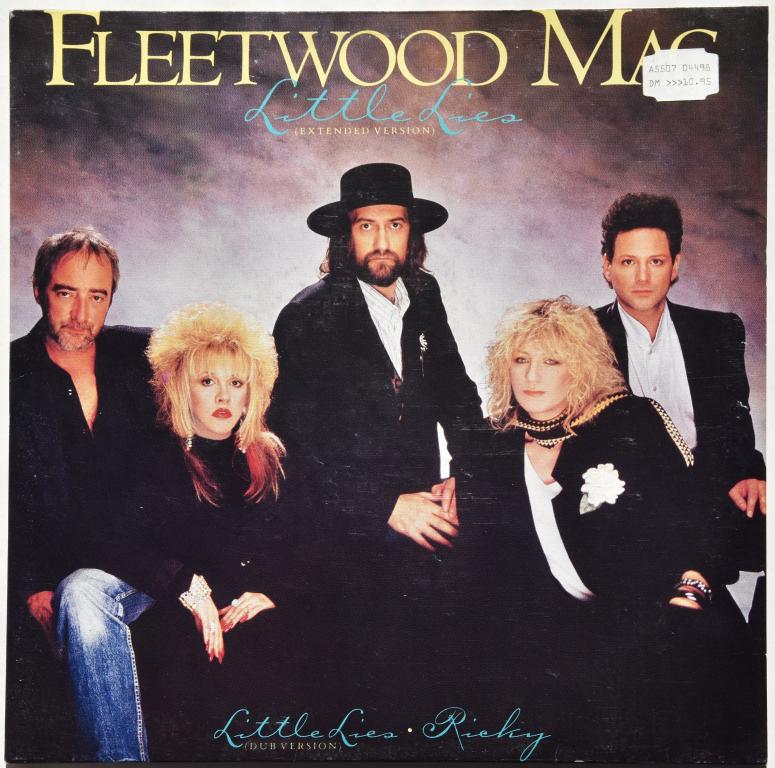
A Timeless Anthem of Hope and Renewal
When Fleetwood Mac released “Don’t Stop” as part of their legendary 1977 album, Rumours, it was more than just a song—it became a beacon of optimism and resilience for an entire generation. Peaking at number three on the Billboard Hot 100, this track quickly established itself as a timeless classic, resonating deeply with audiences around the world. Its infectious energy and uplifting message have continued to inspire listeners, making it one of the band’s most enduring hits.
The story behind “Don’t Stop” is as fascinating as its melody is memorable. Written by Christine McVie, the song emerged from a period of personal turmoil within the band. At the time, Fleetwood Mac was embroiled in internal conflicts and romantic entanglements, with McVie’s own marriage to bassist John McVie disintegrating. Despite the emotional chaos surrounding its creation, “Don’t Stop” is imbued with an unwavering sense of hope. The lyrics encourage looking forward to better days, embodying a spirit of renewal that would go on to define the track’s legacy.
For many older listeners, “Don’t Stop” serves as a nostalgic reminder of a bygone era—a time when rock music held sway over cultural consciousness and albums like Rumours were the soundtrack to countless personal milestones. The song’s upbeat tempo and catchy chorus evoke memories of youthful optimism, urging listeners to embrace change and look ahead with confidence. This sense of nostalgia is further enhanced by the song’s prominent use in political campaigns and public events, which have cemented its status as an anthem for progress and positivity.
At its core, “Don’t Stop” is about moving forward despite adversity—a theme that resonates powerfully with those who have experienced life’s trials and tribulations. The line “Yesterday’s gone, yesterday’s gone” serves as a poignant reminder to let go of past regrets and embrace the future with open arms. It’s a message that holds particular significance for older generations who have witnessed significant societal changes over the decades. For them, the song captures the essence of resilience and adaptability in an ever-changing world.
Musically, “Don’t Stop” is characterized by its lively piano riff and driving rhythm, which perfectly complement its optimistic lyrics. Christine McVie’s vocal delivery is both earnest and invigorating, imbuing the song with an authenticity that speaks directly to the heart. The interplay between McVie’s vocals and those of Lindsey Buckingham adds another layer of depth to the track, creating a harmonious blend that underscores the song’s message of unity and forward momentum.
Reflecting on Fleetwood Mac‘s broader impact, it’s clear that “Don’t Stop” represents more than just a high point in their illustrious career; it encapsulates the spirit of an era defined by both personal and cultural upheaval. In crafting a song that so beautifully marries introspection with optimism, McVie and her bandmates tapped into a universal truth: that even in our darkest moments, there is always hope for a brighter tomorrow.
As we listen to “Don’t Stop” today, its message remains as relevant as ever. For older audiences, it’s a cherished relic from their past—a reminder of days spent listening to vinyl records or attending live concerts with friends. For younger listeners discovering it anew, it’s an introduction to one of rock music’s most iconic bands and their enduring legacy.
In conclusion, Fleetwood Mac‘s “Don’t Stop” is not just a song—it’s an experience. It invites us to reflect on our journeys while encouraging us to keep moving forward with courage and optimism. Its timeless appeal lies in its ability to transcend generations, offering solace and inspiration to anyone willing to listen. Whether you’re revisiting it after years or hearing it for the first time, “Don’t Stop” remains a powerful testament to the human spirit’s capacity for hope and renewal.
